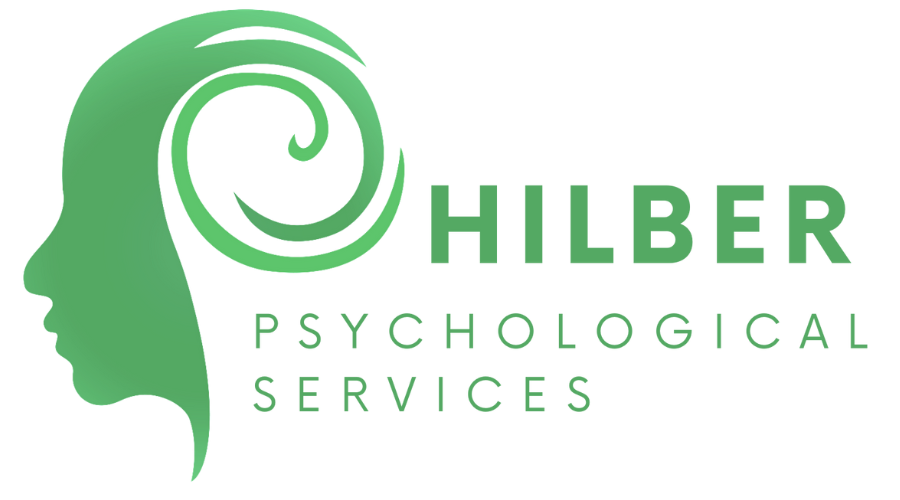Passive- aggressive behavior is getting what you want in an undermining way. Instead of being passive- aggressive, be assertive by using a firm, yet friendly approach. Being passive- aggressive hurts more people than it helps.
Read MoreYou make so many choices every single day. When making these decisions, be confident in your choice. Avoid “should” statements and believe in the decision you have made for yourself.
Read More
Guilt alone is not a bad thing, however too much guilt is. There is a fine line between feeling guilty and coping with it versus dwelling on it. Don’t rely on “should” statements and we don’t need them, but instead change them to appropriate statements.
Read MoreResearchers have found a huge connection between emotions and thoughts. Sometimes we say things that overgeneralize or exaggerate our thoughts. Become aware of your thinking mistakes.
Read More
